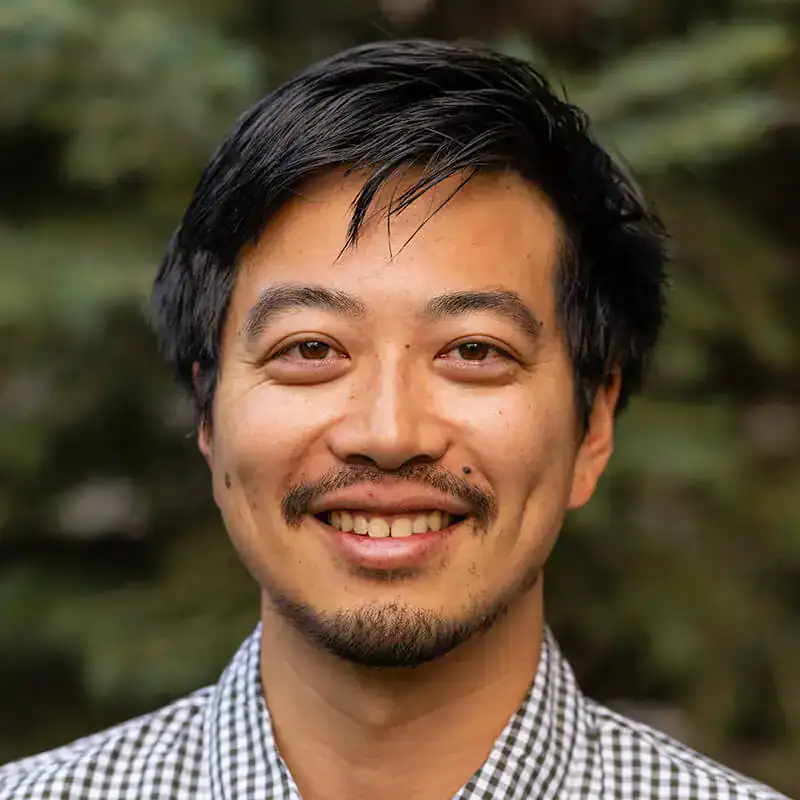Dr. Edward Chuong is investigating the unexpected role of transposons in shaping immune responses and potentially influencing cancer immunotherapy outcomes. Long considered genomic “junk” or inert fossils, transposons – mobile genetic elements that make up over 50% of the human genome – are now emerging as important regulators of host gene expression. Dr. Chuong’s research has revealed that transposon-derived regulatory elements have been co-opted as enhancers and transcriptional switches, playing essential roles in innate immune signaling across multiple mammalian lineages, including primates, rodents, and bats.
Building on these findings, Dr. Chuong now aims to uncover how transposons may drive dysregulated immune signaling in cancer, where immune evasion is a hallmark. His lab hypothesizes that transposon-derived regulatory networks contribute to altered cytokine and interferon responses in the tumor microenvironment, potentially influencing the success or failure of immunotherapies. To explore these questions, Dr. Chuong’s team uses cutting-edge genomic profiling, CRISPR-based perturbations, and cross-species comparative analyses to identify functionally relevant transposon elements. By decoding the hidden regulatory impact of these genomic elements, this work promises to reveal novel mechanisms of immune dysregulation in cancer and highlight new targets for therapeutic intervention.
Research Focus
Cancer biology, transposons, immune regulation
Projects and Grants
Decrypting Transposon-Driven Dysregulation of Cancer Immune Function

